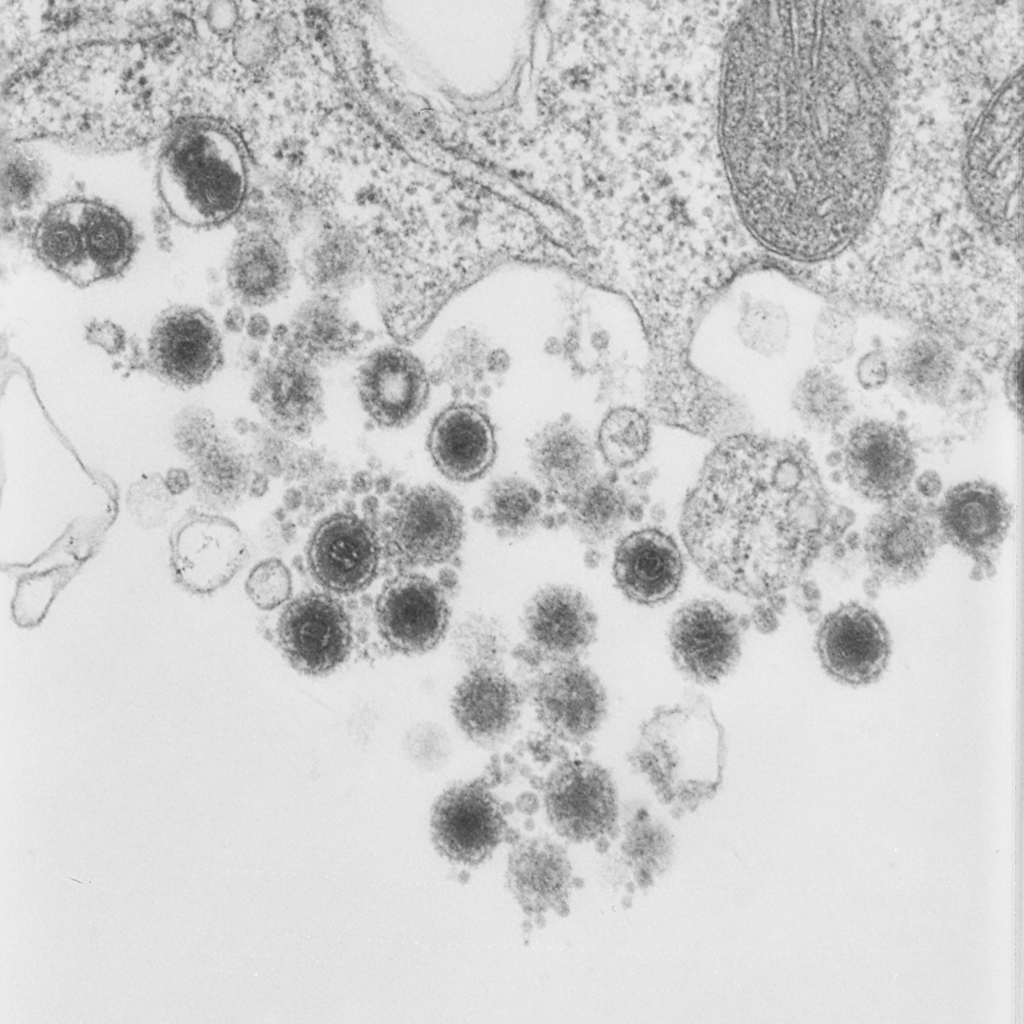Herpesviruses live harmoniously within human hosts, yet sometimes things go wrong, and they start to contribute to the development of major diseases, including post-viral chronic illnesses like ME/CFS, long COVID, and other autoimmune diseases like Multiple sclerosis. The Prusty lab aims to unravel the biological mechanisms that convert a friend to a foe and its consequences on the host cell.










Institute of Microbiology and Virology
RSU Kleisti Science Hub
5 Rātsupītes iela, Room 316, Rīga, Latvia
Twitter: @BhupeshPrusty
First exposure to herpesviruses does not cause a life-threatening disease. In fact, most individuals are frequently unaware of their first exposure to these viruses. These herpesviruses acquire lifelong latency in the human body after entering human cells. We propose that it is not the latency itself but the timely and regionally restricted viral activation in a sub-set of host cells due to one of the several triggers ranging from prescription drugs to other infections that is pivotal to disease development. Using novel state-of-the-art latency models and modern innovative molecular biology approaches, we try to understand the early stages of host-virus interactions, starting from single-cell to multicellular organoid levels.
Bhupesh Prusty is a Professor of Science at Rīga Stradiņš University, Riga, Latvia. Bhupesh’s schooling began in rural India, leading him to an academic career with a prestigious doctoral fellowship from the Council of Scientific and Industrial Research (CSIR), India. During his Ph.D., he studied the role of human papillomaviruses (HPVs) in cervical cancer development under the mentorship of Dr. Bhudev Das at the Institute of Cytology and Preventive Oncology. His doctoral work was recognized through several awards, including a Young Scientist Award in the Medical Science Section from the Indian Science Congress and the Shakuntala Amir Chand Prize from the Indian Council of Medical Research (ICMR) (2005).
Bhupesh was invited to join the laboratory of Prof. Harald zur Hausen, who received the Nobel Prize in Medicine in 2008, at the DKFZ as a postdoctoral researcher. Bhupesh received the EMBO/EMBL Science Writing Prize during his postdoctoral work at Heidelberg, Germany. Bhupesh started his independent research career at the Julius-Maximilians-University of Würzburg, Germany, under the mentorship of Prof. Thomas Rudel and Prof. Lars Dölken. Bhupesh was mentored by Dr. Dharam Ablashi, who co-discovered HHV-6 in 1986. Bhupesh’s groundbreaking work on HHV-6 pathophysiology has earned him several international awards, including the Best Trainee award and Koichi Yamanishi Young Investigator Award from HHV-6 Foundation, USA; the prestigious Experiment! research grant from Volkswagen Stiftung, Germany; Ramsay Research Award from Solve ME/CFS Initiative, USA. His innovative research ideas have been supported by Deutsche Forschungsgemeinschaft (DFG); Bundesministerium für Bildung und Forschung (BMBF); HHV-6 Foundation, USA; Amar Foundation, USA; ME Research UK; Solve ME/CFS Initiative, USA; TEMPI Foundation, Austria; Helmholtz Center for RNA-based Infection Research (HIRI), Würzburg, Germany; Fatigatio, Germany; and Deutsche Gesellschaft für ME/CFS, Germany.
